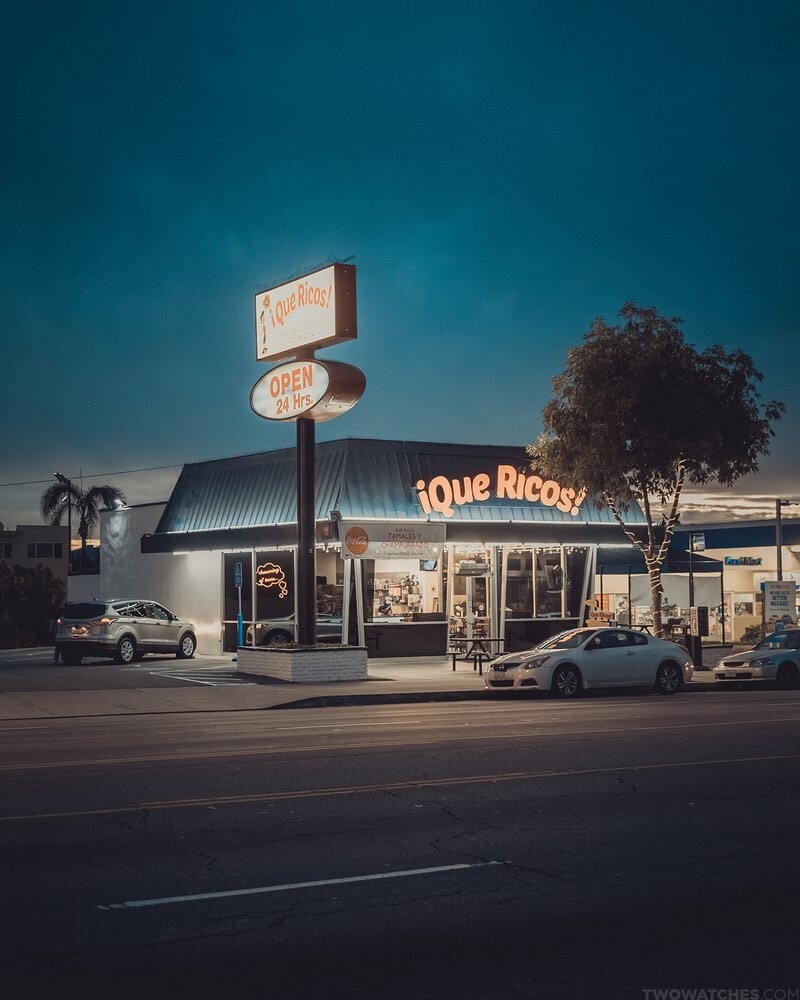Case Study: Que Ricos’ Need for Back-Of-House Automation
Gustavo Castillo

Case Study Overview
My Parents started Que Ricos Fresh Mexican Kitchen in 1993 with their first location in Arleta, CA on the corner of Van Nuys Blvd and Woodman Ave. Since then, Que Ricos has expanded to 4 locations across Los Angeles. Operating a restaurant for decades is a difficult task and means constant reinvention and hard work. This case study will give an overview of changes Que Ricos made to survive COVID. It will then explain Que Ricos’ current situation and how there are few options available to improving margins and staying afloat.
Rise in Food Delivery
Que Ricos adopted 3rd party delivery in 2015 while food delivery was still an emerging industry. At first, delivery represented a minor share of their total sales; but, by 2019 delivery represented 30% of all sales. Food delivery apps charge a sizable commission to restaurants for all sales on their platform ranging from 20-35%. While this is a large fee, delivery can help a restaurant with strong in store sales attract new customers.
When lockdowns started in 2020 Que Ricos saw a massive decline for in-store sales. Very quickly, sales shifted to delivery accounting for 70% of total sales and with it large increases in commission paid to delivery apps. Que Ricos responded by increasing menu prices for delivery to account for the commission these platforms charge. COVID quickly caused supply chain disruptions and labor shortages that led to higher food and labor costs prompting Que Ricos’ management to make significant changes to the business.
Adaptability
To manage their costs, Que Ricos implemented a new POS system. Using the system they collected data to understand the most popular menu items and busiest times. As a 24 hour operation, they discovered there were certain hours where sales were less than the cost of operating. Management moved to limit the hours of operation.
With the reduced amount of in-store sales, Que Ricos adopted self-ordering kiosks to limit front-of-house work and make a contact free experience for COVID. This allowed them to reallocate front-of-house labor to the kitchen, resulting in higher output from the kitchen.
As order volume increased, they found their new challenge was reducing workload in the kitchen. Management did a detailed study of their menu and eliminated low volume menu items that required unique ingredients or prep work. With a lean menu and an operation that required little to no front-of-house labor, Que Ricos was able to thrive during tumultuous times for the restaurant industry.
Looking Ahead
Today, delivery still represents 70% of all sales at Que Ricos. Their business model allows them to operate profitably but they fear they are running out of options. In 2024, California raised minimum wage for fast food employees to $20/hour. Que Ricos responded by increasing menu prices; but, for the first time they saw a decline in sales as a result, indicating consumers had reached a limit of what they were willing to pay. While the $20 minimum wage technically only impacts restaurants with 60 locations nationwide, small businesses like Que Ricos are still impacted to compete for talent against larger chains. This year, the city of Los Angeles passed a law that will raise the minimum wage to $30 for hotels and LAX workers in preparation for the LA Olympics. While these changes do not technically impact restaurants Que Ricos already feels pressure to increase wages to retain and attract talent. As Que Ricos look to the future, they are concerned with how they will adjust their business to prepare for higher wages and feel like they are running out of options.
As a small chain they don’t have the option to buy ingredients in larger quantities to save money or the budget to outsource prep work. They also don’t want to use lower quality ingredients. The last option they feel they have is finding ways to use more technology in their kitchens. Through more automation in kitchens, Que Ricos hopes to differentiate themselves by reallocating more staff to front-of-house to provide better customer service.
“We look forward to working with the team at Pinto to explore ways to strenghten our business” - Lorena Castillo, Owner of Que Ricos
Que Ricos is a great example of a restaurant that has used technology to adapt and mitigate impacts from higher costs. If you are a restaurant operator that feels you too are running out of options to grow your business, we’d love to help. From our team to yours, we look forward to serving you soon.
